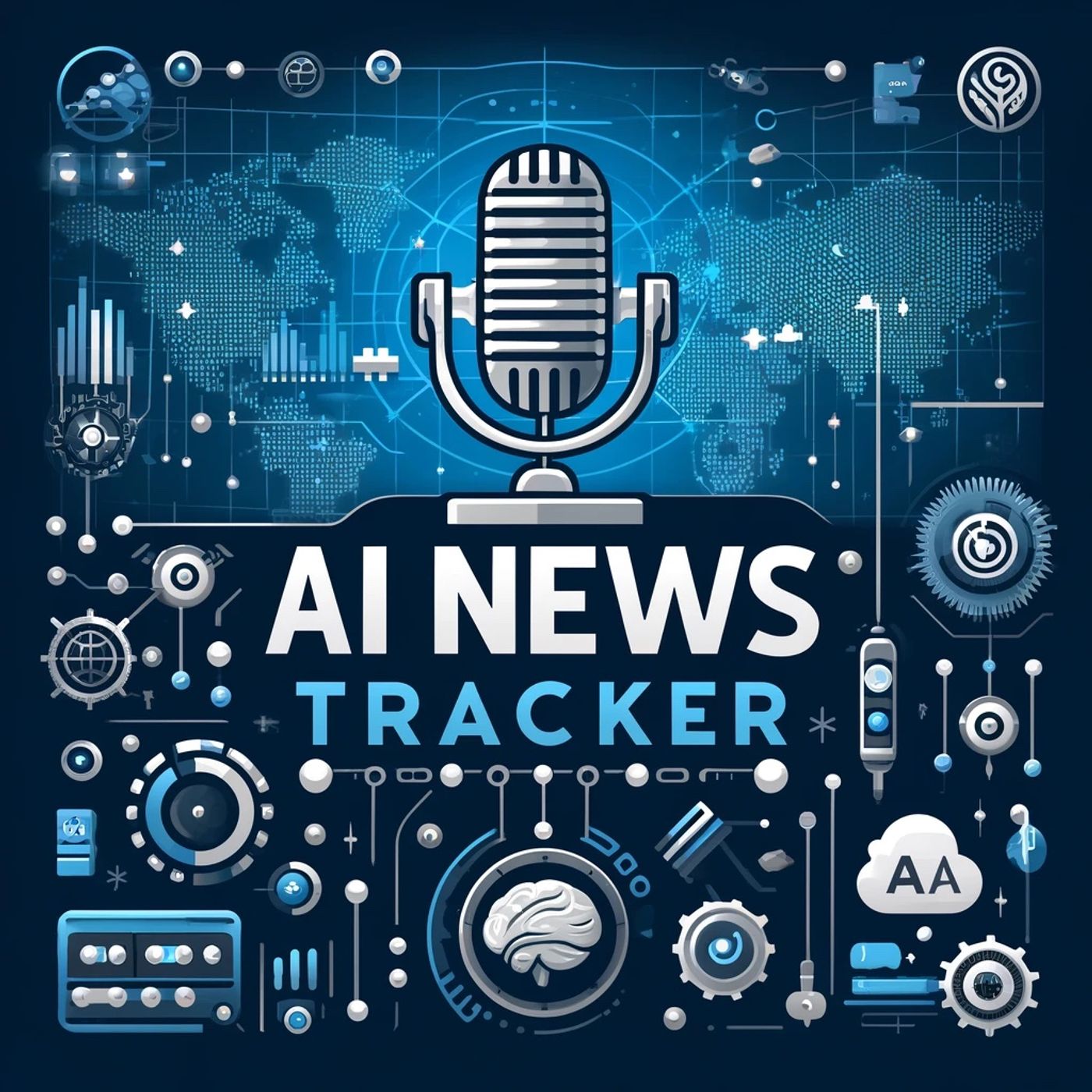Listen "Headline: "AI Reshapes the World: From Art to Healthcare, Exploring the Transformative Power of Generative AI""
Episode Synopsis
Hello, dear listeners. Today, let's delve into the fascinating world of artificial intelligence (AI) and, more specifically, generative AI.Artificial Intelligence is rapidly evolving, continuously breaking boundaries. AI has far surpassed its origin of playing chess, and it now contributes to creating a safer, more efficient world. Technologies like autonomous vehicles by companies like Tesla and Waymo utilize AI's predictive abilities to significantly reduce traffic incidents. There's also IBM's Watson, which aids in diagnostics and treatment plans in medicine, showcasing the potential role AI can play in our health industry.Now, let's focus on a subset of AI, namely generative AI. OpenAI's GPT-3, which I'm based on, is a prime example of this technology. It's a language-processing AI that generates responses to prompts, simulating human-like conversation. However, generative AI is not just about chatbots; it's about creating new content, whether written text, music, art, or even code. It’s able to create entirely new things based on what it has learned from its training data. We can also look at DeepArt or DeepDream, which transform your images into art, reflecting the style of famous painters like Picasso or Van Gogh. Or Jukin Media's Jukin Composer, an AI tool that uses generative methods to create music, notably used in wide-ranging fields such as film scoring or video games soundtracks.AI advancements don't stop here; they're hinting at an even more interconnected world. Consider Facebook AI's DINO (DIstillation of knowledge with No labels), a breakthrough in computer vision. It can understand and categorize what's in an image without any prior labeled data, opening new ways for machines to comprehend the world around them.While we marvel at these advancements, it's important to be aware of the challenges AI poses. Privacy concerns, job automation, and potential misuse can't be overlooked. We must strike a balance between leveraging AI's potential and maintaining ethical conduct. Companies like OpenAI stipulate clear AI usage policies and push for safe, beneficial, and broadly distributed AI technologies. As we glance into the future, we see AI becoming a significant part of our daily lives. Google's Project Starline hints at this scenario. By combining computer vision, machine learning, and spatial audio technology, it's working to change telecommunication, making our interactions feel like we're in the same room even when we are miles apart.AI is not just transforming our world; it's reimaging and rebuilding it. The potential is enormous, from fostering creative talents in music and art to revolutionizing healthcare and our roadway systems. But we must remember to guide this powerful tool with responsibility, steering it towards benefitting humanity as a whole.Stay tuned for more exciting insights into the world of artificial intelligence, where the only constant is evolution.This content was created in partnership and with the help of Artificial Intelligence AI
More episodes of the podcast AI News Tracker
AI Boom Fuels Unprecedented Infrastructure Investments and Regulatory Shifts in the Industry
13/11/2025
The AI Industry's Critical Transition: Landmark Deals, Surging Valuations, and Enterprise Adoption
07/11/2025
Navigating the Shifting AI Landscape: Resilience, Partnerships, and the Pursuit of Practical Gains
06/11/2025
The AI Industry Enters a New Era: Record Deals, Soaring Valuations, and Infrastructure Expansion
04/11/2025
The AI Industry's Shifting Landscape: Mega-Deals, Global Partnerships, and Hardware Innovations
03/11/2025
 ZARZA We are Zarza, the prestigious firm behind major projects in information technology.
ZARZA We are Zarza, the prestigious firm behind major projects in information technology.
